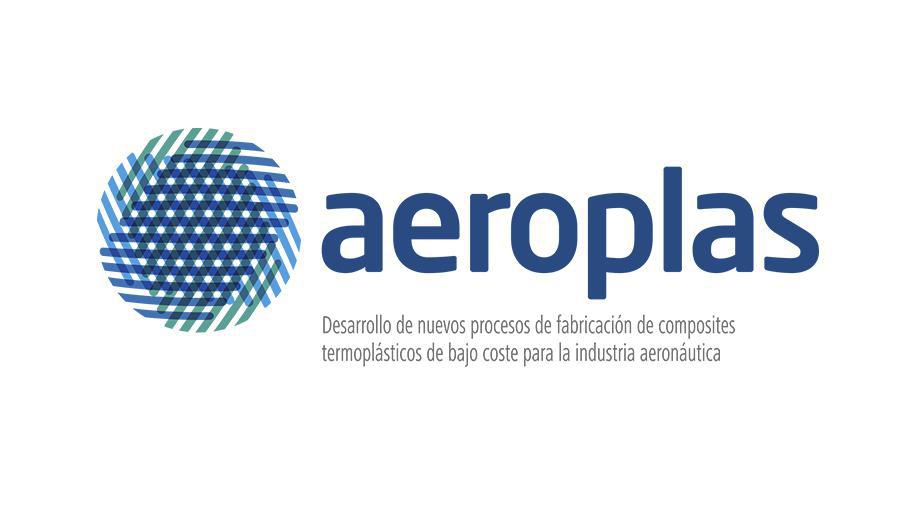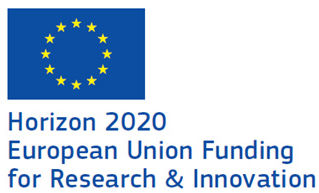To achieve these objectives, the project defined new strategies developing and manufacturing composite parts, ranging from the design and calculation of real components and the simulation of the process; to the development of smart moulds that can be monitored, using methods that are more efficient and less expensive than existing ones.
The aim of this approach was to reduce the costs associated with the manufacture of this type of parts, after replacing the thermostable material with a thermoplastic material. Models for calculating and simulating parts made of the new thermoplastic material were also developed, and production times and processes were optimised using smart moulds. Lastly, AEROPLAS helps achieve the aeronautical industry’s goal of manufacturing aircraft that are more environmentally friendly, safer, and that have lower fuel consumption and maintenance needs.
The AEROPLAS project is clearly aligned with the priorities defined in the Andalusia Innovation Strategy 2020 (RIS3 Andalucía). In particular, the project’s results will have a decisive impact on Priority 2 “Consolidation of advanced industry linked to transport”, contributing to the development of the strategic aerospace sector in Andalusia through the advanced development of new more efficient composite components, such as the ones proposed for manufacture in AEROPLAS. It is also aligned with the 2015-2025 Strategic Guide of the aeronautical sector in Spain, where advanced manufacturing has been identified as one of the four key technology areas at the national level. It is also consistent with the strategic research agendas defined under the FoF programme, developed by the European Factories of the Future Research Association (EFFRA) as part of the Horizon2020 framework programme and with Pillar 5 of the future European Horizon Europe framework.
The progress of the activities of the project’s 2020 and 2021 Annual periods were focused on the following advances:
- The design and calculation of the AEROPLAS demonstrators was completed: an access door panel and deck panel.
- The design and manufacture of the smart tools was completed, including the design and integration of the advanced sensorization system.
- The AEROPLAS manufacturing processes (2D lamination, thermoforming and stamping) were tuned, including the characterization of the materials in each case.
- Manufacture and validation of demonstrators, including optimisation of manufacturing parameters and corresponding destructive and non-destructive validation tests.
- Development of the technical-economic study of the current situation and of the new processes/products developed in AEROPLAS.
Aeroplas Consortium
To undertake this technological challenge, a multidisciplinary consortium formed by CT, Aerotecnic, Inespasa and Aimen Centro Tecnológico was set up, with the complementary capabilities and knowledge necessary to cover the project’s entire value chain.
About Aeroplas
The AEROPLAS project (ITC – 20181018), which was implemented in Andalusia, has a total budget close to €1.2 million and is slated for completion in 2021. It is part of the ERDF Innterconecta 2018 call for project and is subsidised by the CDTI and co-financed by the Ministry of Science, Innovation and Universities and the European Regional Development Fund (ERDF), as part of the Multi-Regional Operational Program of Spain 2014-2020 to promote research, technological development and innovation.


